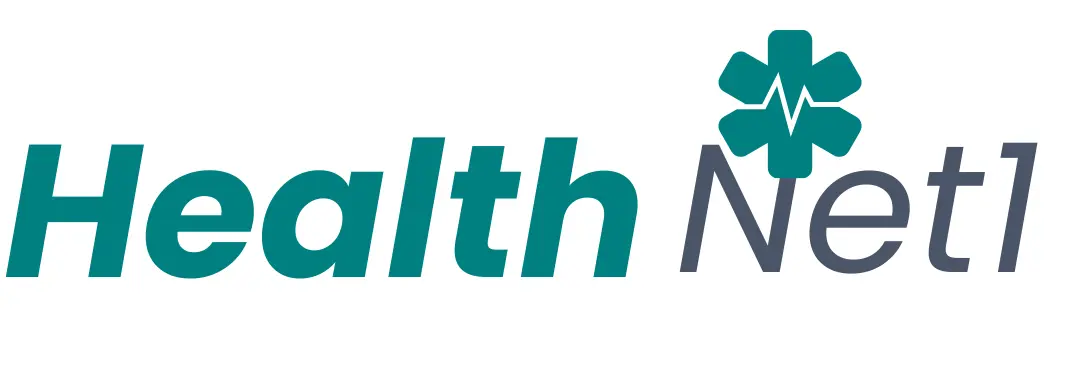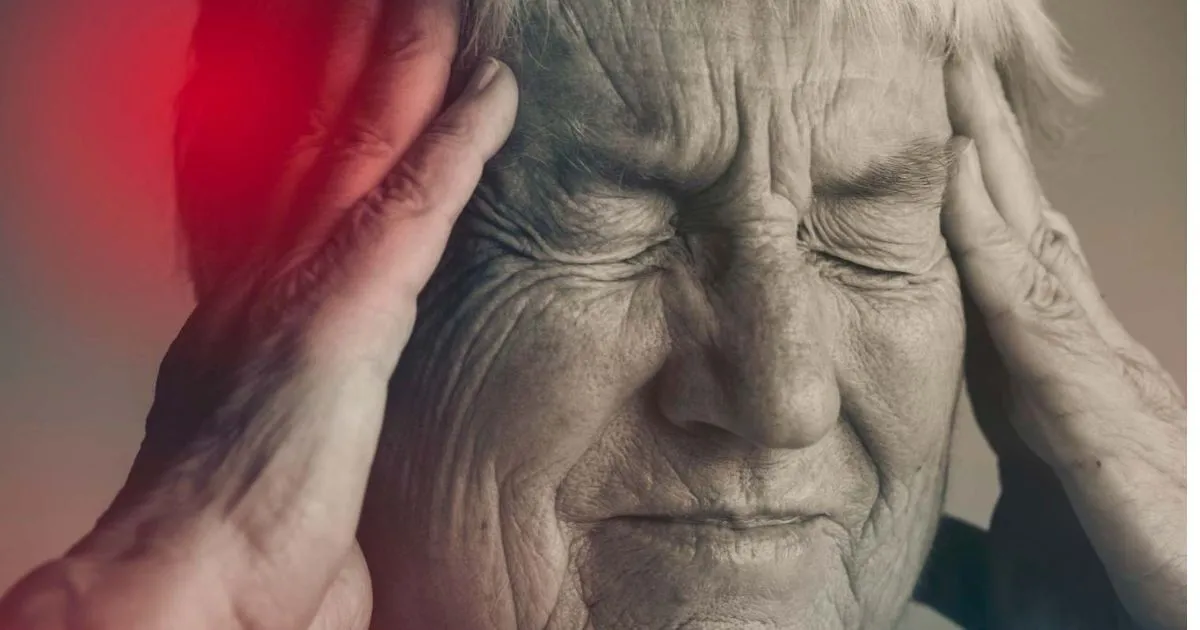When Your Head Pounds and Your Cholesterol’s High — What’s Really Going On?
Have you ever rolled out of bed with that all-too-familiar pounding behind your temples? Maybe you pop a pain reliever and carry on. But in the back of your mind, there’s a quiet question nagging you: Could your cholesterol be the hidden culprit?
Table of Contents
You’re not alone if you’ve wondered about this link. Many people living with high cholesterol worry that it’s not just clogging their arteries but also setting off that relentless throb in their heads. But how much truth is there to this idea?
Here’s the thing — your body doesn’t always make its messages obvious. Cholesterol can build up quietly for years, causing damage without ringing alarm bells. So if you’re trying to piece together the puzzle of your headaches and your cholesterol, you’re in the right place. Let’s break down what really connects — and what doesn’t.
Understanding Cholesterol: The Good, The Bad, and The Confusing
Before diving into headaches, you need to know what cholesterol is actually doing inside you.
In simple terms: Cholesterol is a waxy substance your body needs. It helps build cells, make hormones, and digest fats. But when levels go out of balance, problems start brewing — often where you can’t see them.
The Two Main Types You Should Know
There’s LDL (Low-Density Lipoprotein), the so-called bad cholesterol, which can stick to artery walls and form plaques. Then there’s HDL (High-Density Lipoprotein), your good cholesterol, which sweeps LDL away to your liver for disposal.
Here’s a quick cheat sheet:
| Type | Full Name | What It Does | Healthy Range |
| LDL | Low-Density Lipoprotein | Clogs arteries when too high | Less than 100 mg/dL |
| HDL | High-Density Lipoprotein | Clears LDL away | 40 mg/dL or higher for men, 50 mg/dL or higher for women |
When your LDL goes up and your HDL drops, that sticky plaque builds inside your blood vessels, raising your risk for heart disease, heart attacks, and strokes.
Why Cholesterol Often Stays Silent
One of the trickiest things about cholesterol is that it doesn’t knock loudly on your door. You can’t feel cholesterol numbers creeping up. This is why doctors sometimes call it a silent threat.
Common Signals (That Aren’t Really Signals)
Some people think high cholesterol causes obvious red flags. Truth is, cholesterol by itself doesn’t directly cause symptoms like pain or fatigue. Instead, problems show up as a result of what cholesterol does to your arteries over time.
Still, a few subtle signs can hint that your levels might be off:
- Yellowish bumps under your skin called xanthomas.
- A grayish ring around your cornea, known as arcus senilis.
- Chest tightness if arteries to your heart start to narrow.
But headaches? That connection is more complicated.
So, Can High Cholesterol Cause Headaches?

You want a straight answer — so here it is: No strong evidence shows that cholesterol directly causes headaches.
Surprised? Many people are. It’s easy to think that extra fat in your blood could create pressure in your head. But your brain doesn’t work that way.
Instead, headaches usually come from changes in blood flow, muscle tension, dehydration, stress, or other medical conditions — not cholesterol itself.
Where This Idea Comes From
The confusion often comes from the fact that high cholesterol can indirectly create conditions that may trigger headaches. For example:
- High Blood Pressure: If cholesterol clogs arteries, your heart must pump harder to push blood through. That extra pressure can raise your risk of tension headaches.
- Narrowed Arteries: Reduced blood flow can sometimes contribute to head pain, though it’s more likely to cause serious conditions like strokes.
- Blocked Blood Vessels: In severe cases, blockages can trigger headaches, but by then, other warning signs are usually loud and clear.
According to the American Heart Association, while high cholesterol damages arteries, it doesn’t directly send pain signals to your head.
When to Take Headaches Seriously
So, should you ignore your headaches if your cholesterol is high? Absolutely not.
Some headaches are harmless tension headaches from stress or lack of sleep. Others might hint at something bigger, like uncontrolled blood pressure, which often rides along with high cholesterol.
Watch for these red flags:
- A sudden, worst-ever headache.
- Headache with vision loss or double vision.
- Head pain plus numbness, slurred speech, or weakness.
If any of these show up, get medical help immediately — these could signal a stroke or other serious issue.
Related Conditions to Keep in Mind
A few hidden links may exist between cholesterol and headaches — but they usually come down to related health problems.
1. High Blood Pressure (Hypertension)
It’s common for high cholesterol and high blood pressure to show up together. High blood pressure can cause headaches, especially if it spikes suddenly.
2. Migraines and Vascular Health
Some research suggests that people with migraines might have a higher risk of high cholesterol. However, it’s not a cause-and-effect link — more like overlapping risk factors, including genetics and lifestyle.
3. Diabetes and Metabolic Syndrome
If you have diabetes or prediabetes, your cholesterol and blood pressure might both be high, increasing your risk for headaches due to circulation problems.
How to Know If Your Headache Is Linked to Cholesterol
No headache test will say, “Yep, your LDL did this!” But you can watch for patterns.
Ask yourself:
- Are your headaches new, more frequent, or more intense?
- Do they happen with chest pain, shortness of breath, or dizziness?
- Do you have risk factors like smoking, obesity, or a family history of heart disease?
When in doubt, talk to your doctor. They may check your blood pressure, run cholesterol panels, and rule out other hidden causes.
What You Can Do Right Now
If your cholesterol is high — and you’re tired of that pulsing pain — you can take steps today to protect both your heart and your head.
1. Clean Up Your Diet
Food is one of the best tools for balancing cholesterol. Try this:
- Swap processed snacks for fruits, veggies, and whole grains.
- Trade saturated fats (butter, fatty meats) for healthy fats (avocados, nuts, olive oil).
- Eat more omega-3s: salmon, flaxseeds, chia seeds.
- Cut back on added sugar and refined carbs.
2. Move Your Body
Exercise does wonders. Aim for at least 150 minutes of moderate exercise a week — brisk walking, cycling, swimming. It boosts your good HDL and helps lower bad LDL.
3. Quit Smoking
Tobacco makes LDL more damaging and lowers your HDL. Stopping gives your arteries a break and reduces your risk for serious head and heart trouble.
4. Limit Alcohol
Too much alcohol can raise cholesterol and blood pressure. Stick to moderate levels — up to one drink daily for women, two for men.
How About Medication?
For some people, lifestyle changes aren’t enough. That’s where statins or other cholesterol-lowering drugs come in. They work by blocking the liver from making cholesterol.
Quick note: Some people worry statins cause headaches. While mild muscle pain is a known side effect, headaches are less common — but talk to your doctor if you notice new pain.
Protecting Yourself: Stay Ahead of Trouble
To keep cholesterol and headaches from stealing your peace, make prevention a habit:
- Get your cholesterol checked at least once every five years — or more often if you’re at risk.
- Track your blood pressure regularly.
- Stay hydrated.
- Watch your stress. Tension and anxiety can make your head pound more than your cholesterol ever will.
FAQs — Can High Cholesterol Cause Headaches?
Can high cholesterol be the reason I get headaches every day?
Daily headaches usually point to stress, dehydration, or other health issues, not cholesterol directly. But don’t ignore them — talk to your doctor.
Does high cholesterol affect my brain?
Yes — indirectly. It raises your risk of strokes and mini-strokes (TIAs), which can cause sudden, severe headaches and other neurological symptoms.
Will lowering my cholesterol stop my headaches?
Lowering cholesterol is vital for your heart, but it won’t directly cure headaches unless they’re linked to high blood pressure or other related issues.
When should I worry about my headache?
Seek help immediately if your headache is sudden, severe, or comes with confusion, vision loss, weakness, or chest pain.
Sources:
Final Thoughts: Take Charge of Your Health
Headaches can be exhausting — but they don’t have to stay a mystery. While high cholesterol probably isn’t causing that ache directly, it might be part of a bigger health puzzle.
Keep your doctor in the loop, get your levels checked, and tackle the controllable stuff — your plate, your sneakers, your stress. You deserve a clear head and a healthy heart.
If you found this helpful, share it with someone who always wonders about their headaches. Better yet, book that cholesterol check today — your future self will thank you.

